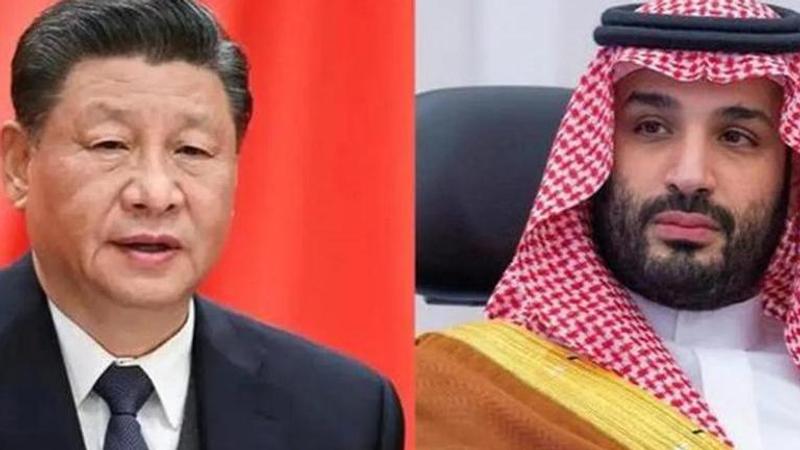Published 20:21 IST, December 5th 2022
Xi Jinping to visit Saudi Arabia, as Riyadh and Beijing grow closer
China’s president Xi Jinping is scheduled to visit Saudi Arabia this week. He is visiting the oil rich gulf nation at a time when Riyadh is keen to join SCO.

China’s President Xi Jinping is scheduled to visit Saudi Arabia this week. He is visiting the oil-rich gulf nation at a time when Riyadh is expressing an interest to join the Shanghai Cooperation Organisation. Saudi Arabia is already a dialogue partner at the SCO. Riyadh wants to be elevated to observer status, which will open up a pathway for full membership of the SCO.
Egypt and Qatar are also dialogue partners in the SCO and Iran passed a bill last month to join the grouping. Xi Jinping is visiting Saudi Arabia to attend the China-Arab summit. Saudi Arabia is the biggest source of crude oil for China, according to information published by China’s customs data mentioned in a South China Morning Post report.
Friction between US and Saudi Arabia
Xi’s visit comes at a time when the relationship between US and Saudi has soured due to the statements US President Joe Biden made about Saudi Arabia during America’s presidential elections. He promised to make Saudi Arabia a “pariah”, which did not go down well in Riyadh. This year, Joe Biden visited Saudi Arabia, in an attempt to resolve the friction between the two nations. Despite the meeting, Saudi Arabia has refused to toe US’ line and pursued an independent policy, which is evident from the decisions of OPEC+.
The oil cartel decided to cut down oil production, to hike the price of oil, which was perceived in Washington DC as Riyadh’s disloyalty. The low level of animosity between the Crown Prince of Saudi Arabia, MBS, and US politicans, since the murder of Jamal Khashoggi has also created a distance between the gulf state and US. The extent to which Saudi Arabia will pivot to China is unclear. It is more likely that Riyadh has just decided to not keep all of its eggs in one basket. Saudi Arabia has even justified China's actions in Xinjiang, depsite being the land where Islam began, to accomodate China's interests.
Saudi Arabia's transformation backed by oil reserves
In the early 1900s, Saudi Arabia was a poor and underdeveloped country with a largely nomadic population. The discovery of oil in the country in 1938 changed the course of its history, and over the next few decades, the oil industry grew rapidly. The wealth generated by oil exports allowed the Saudi government to invest in infrastructure, education, and healthcare, leading to significant improvements in the standard of living for its people. Today, Saudi Arabia is one of the world's leading oil exporters, and the oil industry is a major contributor to the country's economy.
The country has the second-largest proven oil reserves in the world (first is Venezuela), and its oil exports have made it one of the wealthiest nations in the world. The discovery of oil has allowed Saudi Arabia to become an important geopolitical player in the middle east. Riyadh is now attempting to diversify its economy as excessvie reliance on resources eventually leads to problems. This phenomenon is known as "resource curse" in macroeconomics.
Updated 20:21 IST, December 5th 2022




